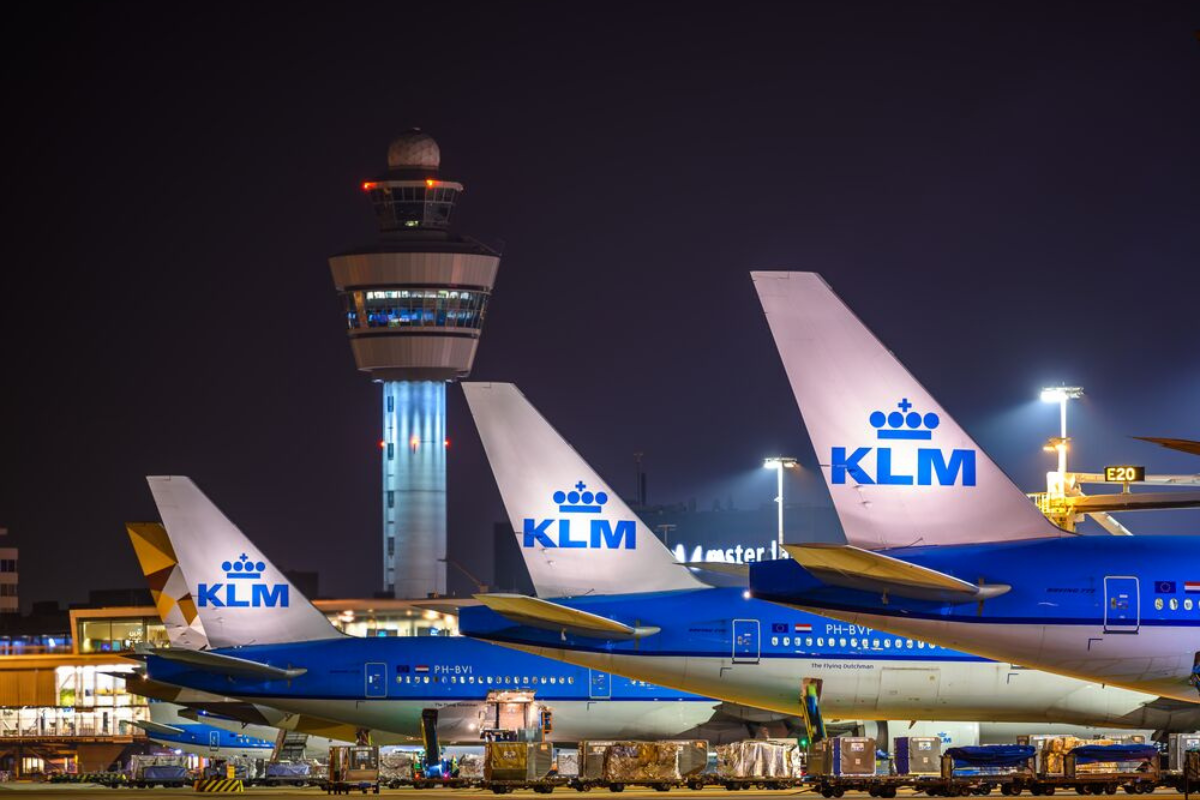The Federal Government may reintroduce previously suspended telecom tax and other fiscal measures to secure a new $750m loan from the World Bank.
This follows the Stakeholder Engagement Plan for Nigeria – Accelerating Resource Mobilisation Reforms programme between Nigeria and the World Bank.
this was disclosed in a document posted on the World Bank’s website showing that, in addition to other taxes, there is a possibility of reintroduction of excise duties on telecommunications services and EMT charges for electronic money transfer through the Nigerian banking system.
Recall in July 2023, President Tinubu ordered the suspension of a 5 % excise duty on telecommunications and a tax adjustment levy for some vehicles.
However, with negotiations ongoing between the Government and the World Bank on a new but not yet approved loan from the bank, it appears that this suspension could be lifted to meet programme targets.
Findings revealed that in 2021, the government had originally requested a loan but was subsequently put on hold for no apparent reasons, according to The Punch.
It is expected that tax reforms planned for the ARMOR programme will have a significant impact on all sectors of the economy.
The PforR programme is part of the wider government initiative, running from 2024 to 2028, to reform tax and excise regimes, improve administrative capacity for taxation and customs as well as ensure transparency in oil and gas revenue management.
The World Bank contribution of $750 million is an important part of the programme budget, and it is expected to be contributed by the Government through annual budgetary appropriations amounting to $1.17 billion.
According to the plan, affected stakeholders will include manufacturers of goods such as alcoholic beverages, tobacco products, sugar-sweetened beverages, telecom, and banking service providers, as well as the general tax-paying public, importers, and international traders.
The draft document stated, “Domestic Revenue Mobilisation drive in the government ARMOR program seeks to increase revenue on some targeted industries and sectors of the economy. Specific groups and agencies within affected sectors include the Association of Licensed Telecom Operators of Nigeria: The introduction of excises on telecom services requires that all telcos are mobilised to fully participate in the collection of such revenue.
“Committee of Bankers: Introduction of EMT levy on electronic money transfers through the Nigerian Banking System would need the buy-in of all banking institutions.
“Manufacturer’s Association of Nigeria: Manufacturers of tobacco products, sugar-sweetened beverages, and alcoholic beverages who would be required to collect excises on their products are critical stakeholders for the introduction of the new excise regime. They are currently organised into various sectoral groups under the Manufacturer’s Association of Nigeria. Producers of alcoholic beverages organised under the Distillers and Blenders Association of Nigeria also need to key into the reforms.
“Also, strategic partners involved in the importation of different items into the country will be mobilised to participate in the ARMOR programme. A key stakeholder group is the Association of Nigeria Customs Agents.
“Vehicle Importers and Manufacturers: Stakeholders in the automobile trade industry must be engaged in reforms involving the introduction of green taxes on high GHG emission vehicles. Local manufacturing and assembly of vehicles is growing through a phase of growth in Nigeria. The demand for vehicles is mostly met through importation by vehicle importers under the aegis of the Association of Motor Dealers of Nigeria.”
In addition, the programme provides for the specific allocation of technical assistance, with the Federal Inland Revenue Service and the Nigeria Customs Service each receiving $5 million to support their ability to implement these new measures effectively.
In this context, substantial investments in programme management and capacity building are being made as well as the development of systems to improve data sharing, risk-based audits, and compliance processes.
“The government program is funded from annual budget allocations of $1.17 billion to FMF, FIRS, and NCS. The PforR with results-based financing of $730m, and $20m investment financing, is 62 per cent of the program budget”
“There will also be $10m for project management, tax policy capacity-building, and other expenses. In total, the amount makes the $20m investment financing before the release of $730m in line with the fiscal targets met.”










